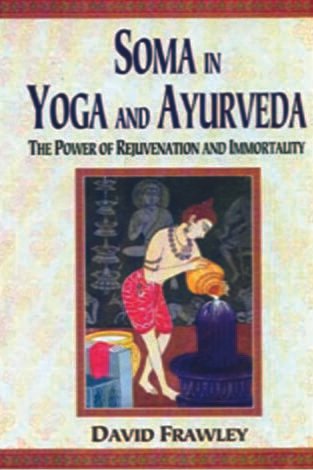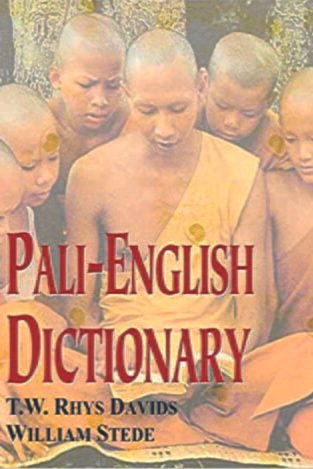- Empty cart.
- Continue Shopping

Avibhaga-Bhedabheda in the Vijnanamrtabhasyam of Vijnanabhiksu: A Thread that Unites Divergent Aspects of Reality (HB) | By Raju Felix Crasta (Author) | MLBD Publications
₹995
Add to cartAvibhaga-Bhedabheda in the Vijnanamrtabhasyam of Vijnanabhiksu: A Thread that Unites Divergent Aspects of Reality (HB) | By Raju Felix Crasta (Author) | MLBD Publications
₹995
Hardcover – 1 January 2022
In stock
The Brahmasūtra is one of the three foundational texts along with the Upaniṣads and the Bhagavadgīta. It has been commented by various scholars from different view-points and mainly from abheda or advaita and bheda or advaita tradition.
The third such commentary and lesser known is the bhedābheda tradition. Vijñānabhikṣu, basically a Sāṅkhya philosopher, in the 16th century commented the Brahmasūtras from the avibhāgabhedābheda tradition known as Vijñānāmṛtabhāṣyam which has remained unknown to most of the people without any translations.
In this work he advocates a relationship of inseparable difference and non-difference existing between every being seen and unseen. At times, they may appear of different class or form, but the essential divine transcendence and immanence makes it of one class and nature. This ‘essence’ called Brahmātmatā is meaningful even for the atheists and agonists as a deontological principle for a harmonious and accommodative culture.
It is this kind of Trinitarian perichoretic relationship which is the crux of the relationship between Brahman, jagat and ātman like sea and wave, fire and its spark, father and son, sugar or salt in water, river in sea, and so on.
In this book, the author has carefully extracted the philosophy of avibhāgabhedābheda with several insights as propounded by Vijñānabhikṣu and has concretely applied to the present scenario of the country. Therefore, unique to its kind, this philosophical thought could be a healing remedy to unite the country dissected by divisive forces.
Avibhaga-Bhedabheda in the Vijnanamrtabhasyam of Vijnanabhiksu: A Thread that Unites Divergent Aspects of Reality (HB) | By Raju Felix Crasta (Author) | MLBD Publications
| Weight | 1 kg |
|---|
Only logged in customers who have purchased this product may leave a review.
Related products
The Purana Index – Vol. 1,2&3 – By V.R. Ramachandra Dikshitar (Author) – MLBD Publications












Reviews
There are no reviews yet.